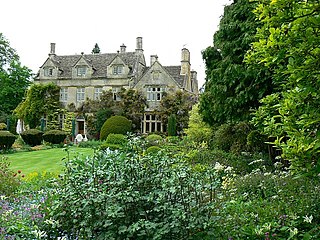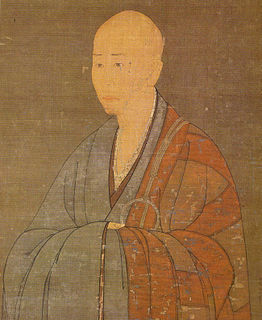A Quote by Rosemary Verey
How I would love to be transported into a scented Elizabethan garden with herbs and honeysuckles, a knot garden and roses clambering over a simple arbor.
Related Quotes
Love, which, in concert with Abstinence, established Faith, and which, along with Patience, builds up Chastity, is like the columns that sustain the four corners of a house. For it was that same Love which planted a glorious garden redolent with precious herbs and noble flowers-roses and lilies-which breathed forth a wondrous fragrance, that garden on which the true Solomon was accustomed to feast his eyes.
Zen is to religion what a Japanese "rock garden" is to a garden. Zen knows no god, no afterlife, no good and no evil, as the rock-garden knows no flowers, herbs or shrubs. It has no doctrine or holy writ: its teaching is transmitted mainly in the form of parables as ambiguous as the pebbles in the rock-garden which symbolise now a mountain, now a fleeting tiger. When a disciple asks "What is Zen?", the master's traditional answer is "Three pounds of flax" or "A decaying noodle" or "A toilet stick" or a whack on the pupil's head.
The wind, one brilliant day, called to my soul with an odor of jasmine. "In return for the odor of my jasmine, I'd like all the odor of your roses." "I have no roses; all the flowers in my garden are dead." "Well then, I'll take the withered petals and the yellow leaves and the waters of the fountain." the wind left. And I wept. And I said to myself: "What have you done with the garden that was entrusted to you?
Inside every one of us is a garden, and every practitioner has to go back to their garden and take care of it. Maybe in the past, you left in untended for a long time. You should know exactly what is going on in your own garden, and try to put everything in order. Restore the beauty; restore the harmony in your garden. If it is well tended, many people will enjoy your garden.
The Japanese garden is a very important tool in Japanese architectural design because, not only is a garden traditionally included in any house design, the garden itself also reflects a deeper set of cultural meanings and traditions. Whereas the English garden seeks to make only an aesthetic impression, the Japanese garden is both aesthetic and reflective. The most basic element of any Japanese garden design comes from the realization that every detail has a significant value.
See yonder another King's garden, which the King waters with his bloody sweat-Gethsemane, whose bitter herbs are sweeter far to renewed souls than even Eden's luscious fruits. There the mischief of the serpent in the first garden was undone: there the curse was lifted from earth, and borne by the woman's promised seed.





































